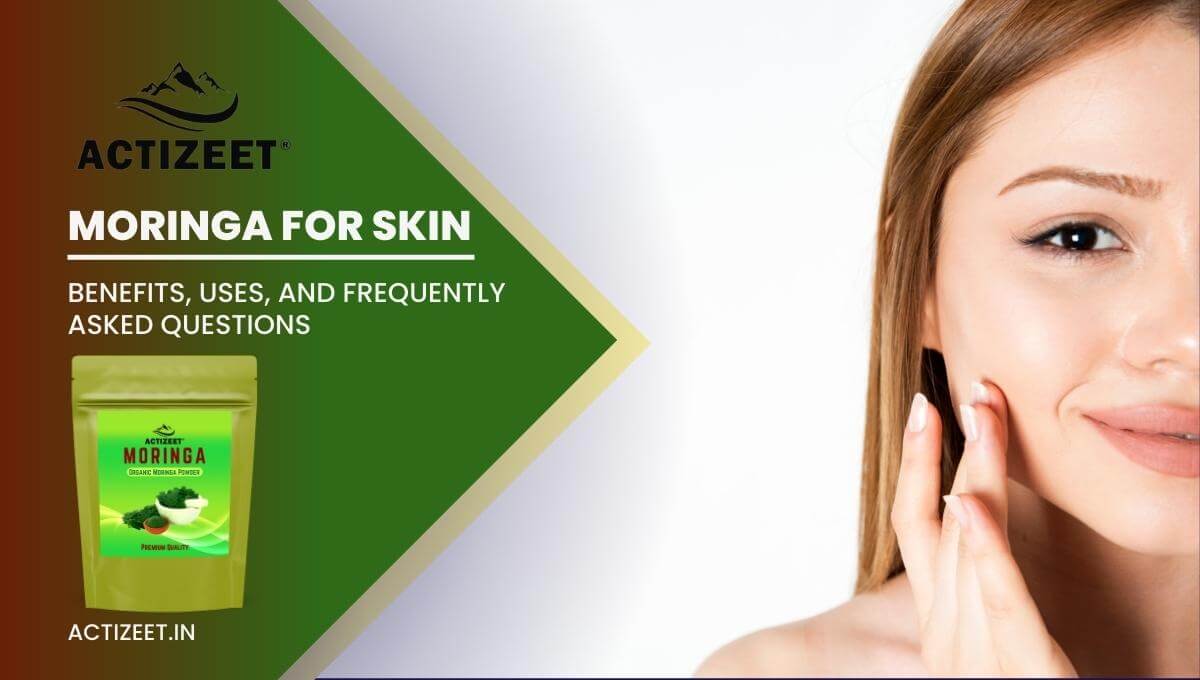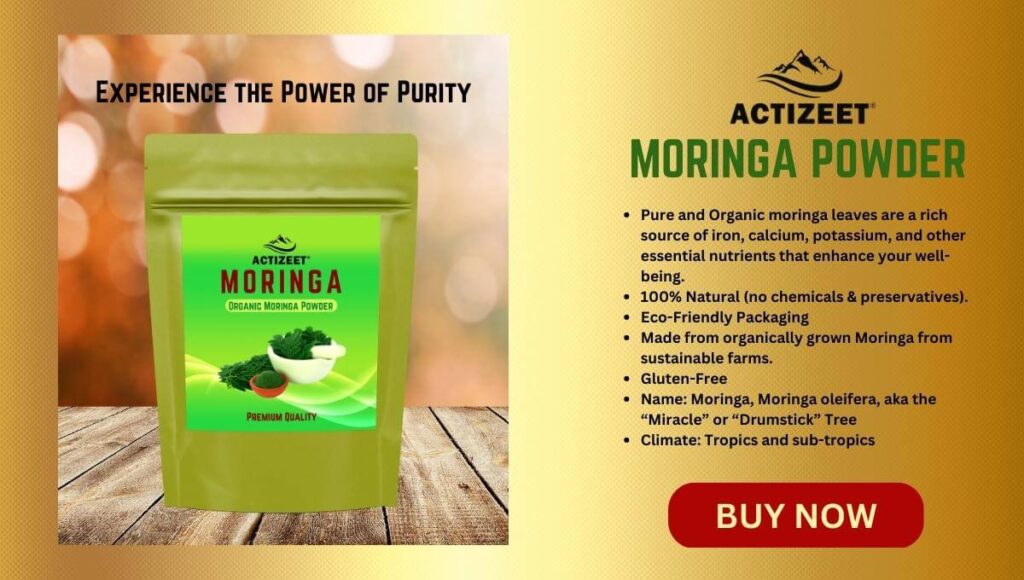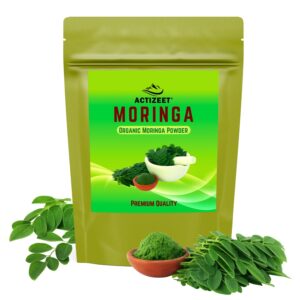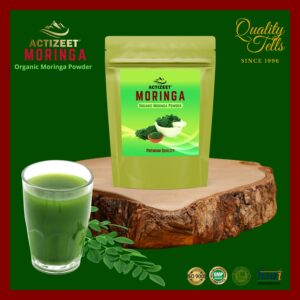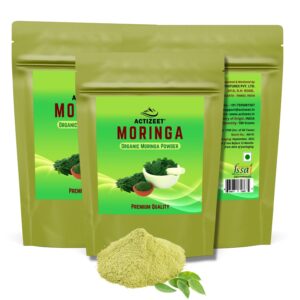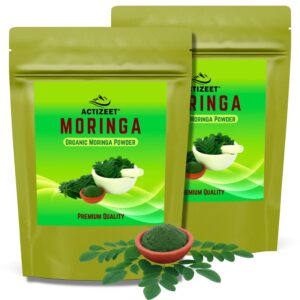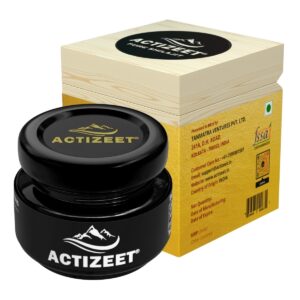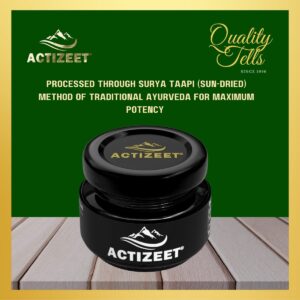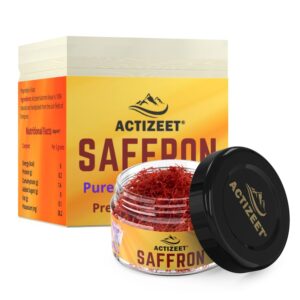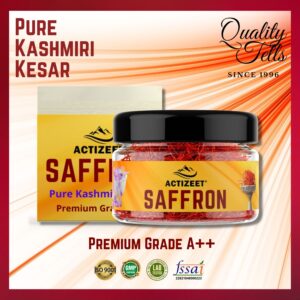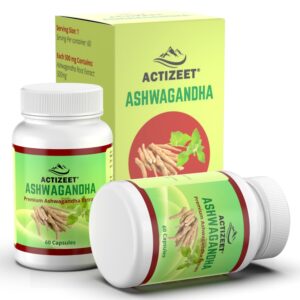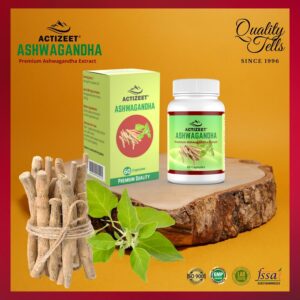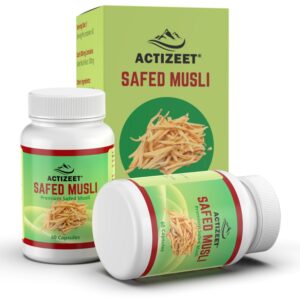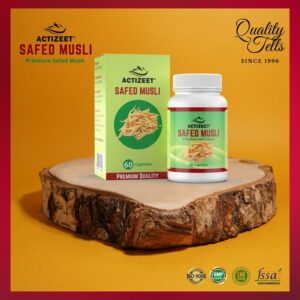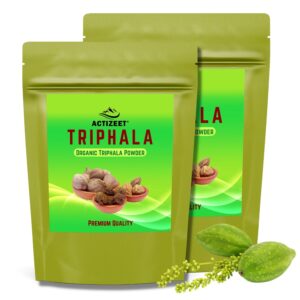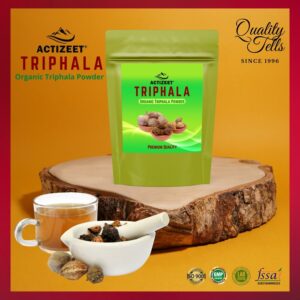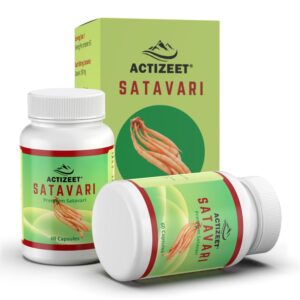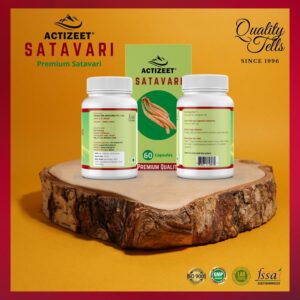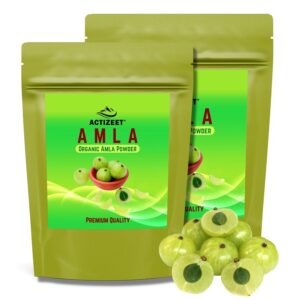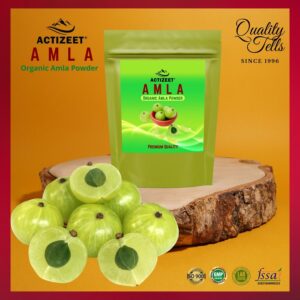Moringa, also known as the “miracle tree”, is a highly nutritious plant that has been used for centuries in traditional medicine. In recent years, Moringa has gained popularity as a superfood due to its numerous health benefits, including its benefits for the skin. In this blog post, we’ll explore the benefits of Moringa for skin, how to use it, and answer some frequently asked questions.
Table of Contents
ToggleBenefits of Moringa for Skin
Antioxidant-rich:
Moringa is rich in antioxidants, which help to protect the skin from damage caused by free radicals. These free radicals can cause premature aging, fine lines, and wrinkles. Antioxidants also help to improve the overall health and appearance of the skin.
Moisturizing:
Moringa oil is a natural moisturizer that can help to hydrate and nourish the skin. It is also rich in essential fatty acids, which are important for maintaining healthy skin.
Anti-inflammatory:
Moringa has anti-inflammatory properties that can help to soothe irritated skin and reduce redness and inflammation.
Supports skin health:
Moringa contains vitamins and minerals, such as vitamins A and C, which are important for skin health. Vitamin A helps to promote cell growth and healthy skin, while vitamin C helps to boost collagen production, which is important for firm and youthful-looking skin.
Using Moringa for Skin
Moringa oil:
Moringa oil can be used as a moisturizer or added to your favorite skincare products for a boost of antioxidants and essential fatty acids.
Moringa powder:
Moringa powder can be added to smoothies, juices, or face masks for a boost of vitamins and minerals.
Moringa supplements:
Moringa supplements, such as capsules or pills, can be taken orally to support skin health from the inside out.
Frequently Asked Questions (Faqs)
Moringa is generally considered safe for all skin types. However, if you have sensitive skin, it’s best to patch test before using it on a larger area.
Yes, Moringa has anti-inflammatory properties that can help to reduce redness and inflammation associated with acne. Additionally, Moringa oil can help to hydrate the skin and prevent over-drying, which can contribute to acne.
Yes, Moringa oil can be used as a moisturizer to hydrate and nourish the skin
The frequency with which Moringa can be used on the skin will depend on the individual and their specific skin needs. It’s best to start with once or twice a week and increase as needed.
Yes, Moringa is rich in antioxidants that can help to protect the skin from damage caused by free radicals, which can contribute to the appearance of fine lines and wrinkles.
Moringa oil is suitable for all skin types, including oily skin. However, it’s important to choose a non-comedogenic oil, such as Moringa oil, to avoid clogging pores.
Yes, Moringa can be used as an ingredient in homemade skincare products, such as face masks, scrubs, and serums. Simply add Moringa powder or oil to your favorite ingredients to create a custom skincare product.
Moringa is generally considered safe for topical use on the skin. However, it’s important to patch test before using it on a larger area, especially if you have sensitive skin. If you experience any irritation or redness, discontinue use and consult a dermatologist if necessary.
Moringa has antioxidant properties that can help to reduce damage caused by free radicals, which can contribute to hyperpigmentation. Additionally, Moringa oil can help to hydrate the skin and improve its overall health, which may also help to reduce the appearance of hyperpigmentation.
Yes, Moringa can be used with other skincare products. Simply add Moringa oil or powder to your favorite skincare products for an added boost of nutrients and antioxidants.
Conclusion
Moringa is a highly nutritious plant that offers numerous benefits for the skin, including its antioxidant, moisturizing, and anti-inflammatory properties. Whether you use Moringa oil, powder, or supplements, there are many ways to incorporate Moringa into your skincare routine. So, why not give Moringa a try and see the benefits for yourself?
References
- Ohaeri, J. U. (2003). The Moringa oleifera Lam. (Drumstick) plant: a review of its traditional uses, phytochemistry, pharmacology, and toxicology. African Journal of Traditional, Complementary and Alternative Medicines, 1(2), 65-75.
- Poudyal, H., & Brown, L. (2015). Moringa oleifera: a food plant with multiple medicinal uses. Phytotherapy Research, 29(8), 1120-1126.
- Ray, S., & Mitra, A. (2015). Moringa oleifera: a review on nutritive composition and medicinal properties. Frontiers in Plant Science, 6, 775.
ACTIZEET Moringa Powder
ACTIZEET Moringa Powder for Skin is a premium quality Moringa powder that is specifically formulated for skin health.
This powder is made from pure Moringa leaves that are carefully harvested and dried to retain their high nutrient content. With its rich antioxidant and anti-inflammatory properties, ACTIZEET Moringa Powder for Skin is the perfect addition to your skincare routine. Whether you add it to your face mask, scrub, or serum, you can be confident that your skin is receiving the nutrients it needs to look and feel its best. So, why wait?
Try ACTIZEET Moringa Powder for Skin today and experience the benefits of this amazing superfood for yourself!
-
Rated 4.85 out of 5
₹1,200.00Original price was: ₹1,200.00.₹900.00Current price is: ₹900.00. Incl. GST ADD TO CART Buy Now -
Rated 4.84 out of 5
₹3,600.00Original price was: ₹3,600.00.₹2,100.00Current price is: ₹2,100.00. Incl. GST ADD TO CART Buy Now -
Rated 4.80 out of 5
₹2,400.00Original price was: ₹2,400.00.₹1,600.00Current price is: ₹1,600.00. Incl. GST ADD TO CART Buy Now
Related Products
-
Himalayan Shilajit, Pure shilajit, Shilajit, SHUDDH SURYA TAPI SHILAJIT
Rated 4.74 out of 5₹4,950.00Original price was: ₹4,950.00.₹3,950.00Current price is: ₹3,950.00. Incl. GST ADD TO CART Buy Now -
Rated 4.86 out of 5
₹2,400.00Original price was: ₹2,400.00.₹1,600.00Current price is: ₹1,600.00. Incl. GST ADD TO CART Buy Now -
Rated 4.82 out of 5
₹2,400.00Original price was: ₹2,400.00.₹1,600.00Current price is: ₹1,600.00. Incl. GST ADD TO CART Buy Now -
Rated 4.84 out of 5
₹2,400.00Original price was: ₹2,400.00.₹1,600.00Current price is: ₹1,600.00. Incl. GST ADD TO CART Buy Now
-
Rated 4.00 out of 5
₹2,400.00Original price was: ₹2,400.00.₹1,600.00Current price is: ₹1,600.00. Incl. GST ADD TO CART Buy Now -
Rated 4.80 out of 5
₹2,400.00Original price was: ₹2,400.00.₹1,600.00Current price is: ₹1,600.00. Incl. GST ADD TO CART Buy Now -
Rated 4.71 out of 5
₹2,400.00Original price was: ₹2,400.00.₹1,600.00Current price is: ₹1,600.00. Incl. GST ADD TO CART Buy Now -
Rated 0 out of 5
₹2,400.00Original price was: ₹2,400.00.₹1,600.00Current price is: ₹1,600.00. Incl. GST ADD TO CART Buy Now
Related posts:
- Moringa for Men: Benefits, Uses, and Frequently Asked Questions
- Shilajit: Frequently Asked Questions (FAQs)
- Unlock Radiant Skin: Discover the Benefits of Moringa Powder
- Moringa for Women: A Comprehensive Guide to the Benefits of this Superfood
- Moringa Benefits: The Ultimate Guide
- Moringa Powder in Panaji (Goa)
- Moringa Powder in Gangtok (Sikkim)
- Moringa Powder in Imphal (Manipur)

